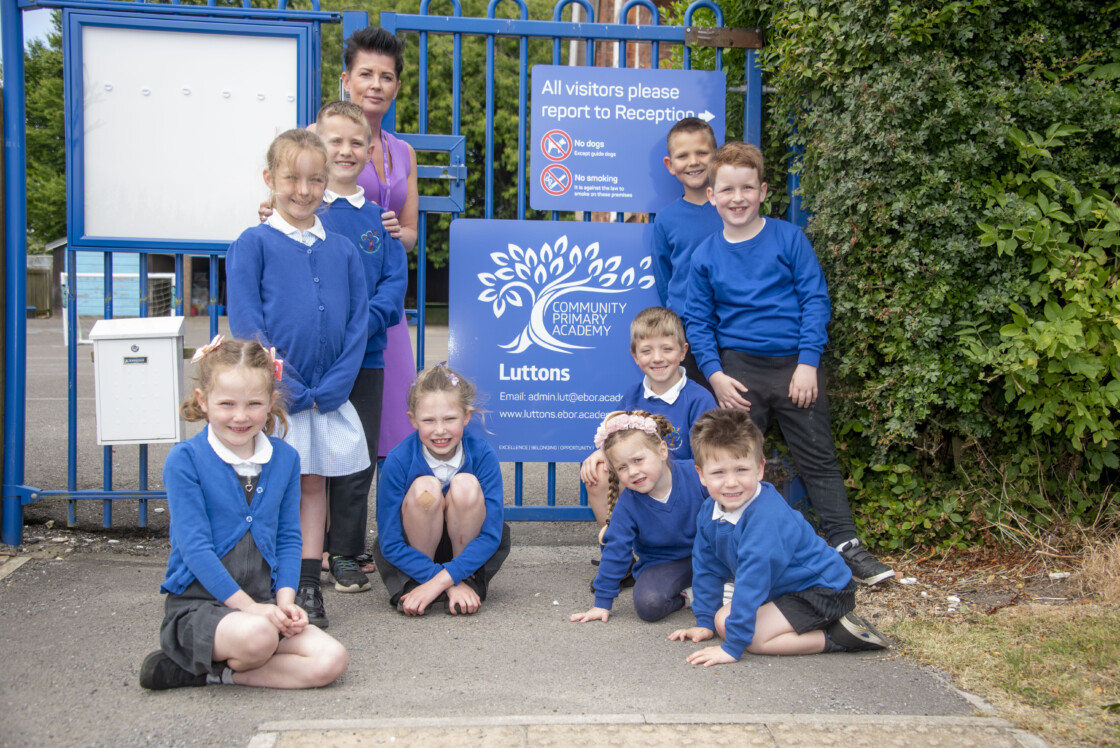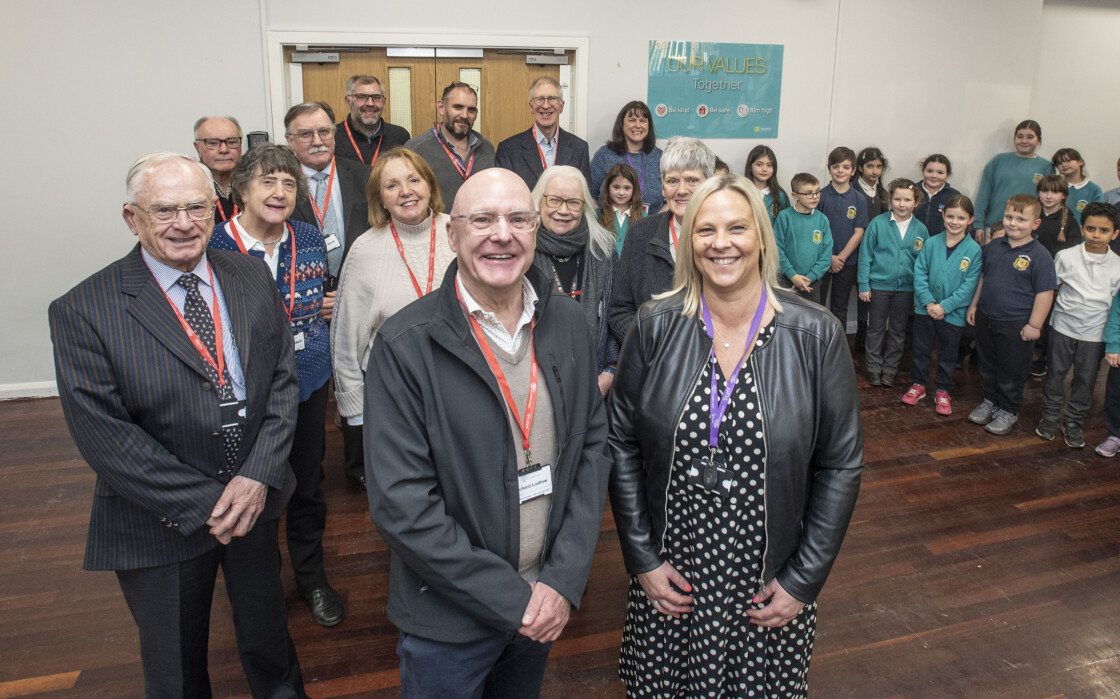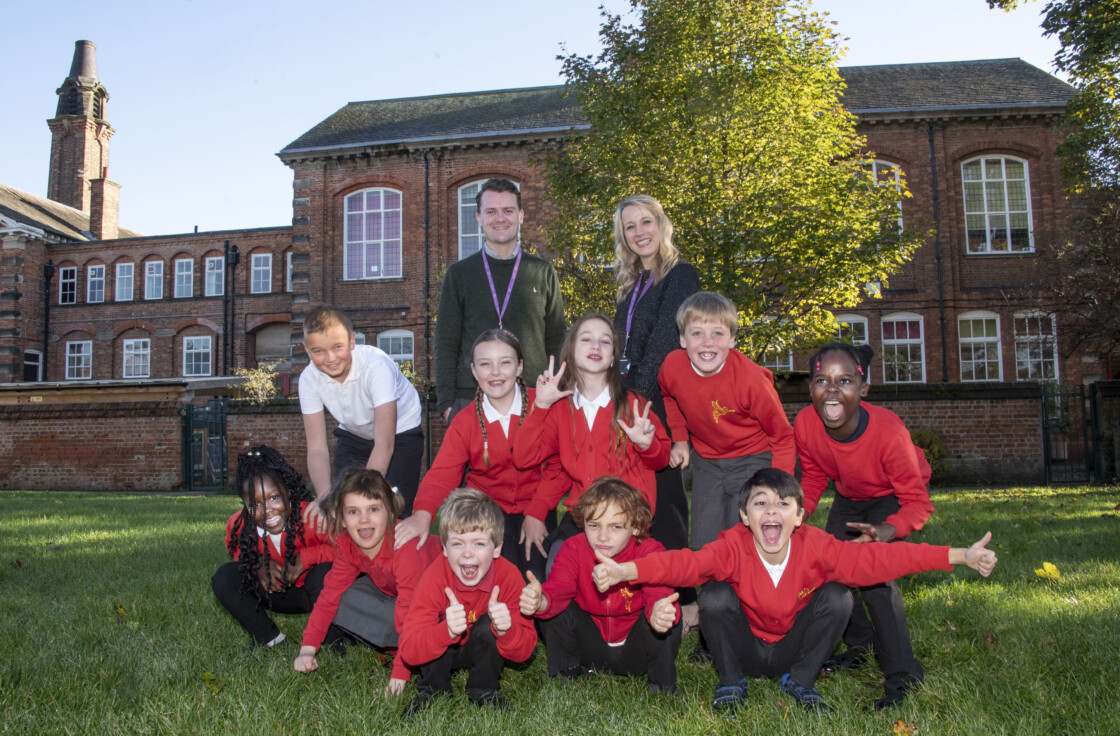The work of Ebor Academy Trust in looking after vulnerable children during the public health crisis has been presented as an example of best practice to the education select committee in Parliament.
Ebor, who have 24 schools, set up a bespoke team at the start of the lockdown to focus on supporting vulnerable children. The new welfare and wellbeing team works alongside the safeguarding team to identify children for “nurture sessions”. By telephone or using videoconferencing, social and emotional matters are carefully handled on a one-to-one basis by trained staff.
The initiative was briefly explained to the House of Commons’ education select committee on 17 June by Leora Cruddas, chief executive of the Confederation of School Trusts, of which Ebor is a member.
In response, the chair of the committee, Robert Halfon MP, said the committee would find it helpful to receive more information. The group was meeting to consider the wider reopening of schools so far and what can be learnt as the phased reopening continues across the country. It is part of an ongoing enquiry into the impact of the Covid-19 outbreak on education and children’s services.
“The school closure is a difficult time for everyone but for some children it is more of a problem than for others,” said Ebor’s chief executive Gail Brown. “We take our responsibility to all children very seriously and immediately put in place processes to identify and regularly support those children who we know are particularly disadvantaged.
“We felt if we can maintain relationships with children and families facing certain challenges then it is a good foundation upon which to build once education gets back to normal. It is not exactly closing the attainment gap, but it is working towards it.”
Feedback from parents and carers has been positive. Ebor’s safeguarding lead, Rebecca McGuinn, who has been running the welfare and wellbeing teams across the trust’s schools, said it was vital that regular contact is made with families during the lockdown.
“We are working closely with local authorities and professional support networks and agencies so as to be sure vulnerable children remain a top priority,” said Rebecca. “Nurture and wellbeing is at least as important as more formal education during these troubling times. I am delighted the education select committee wants to learn more about how we do things – there are important messages that need to be communicated.”



